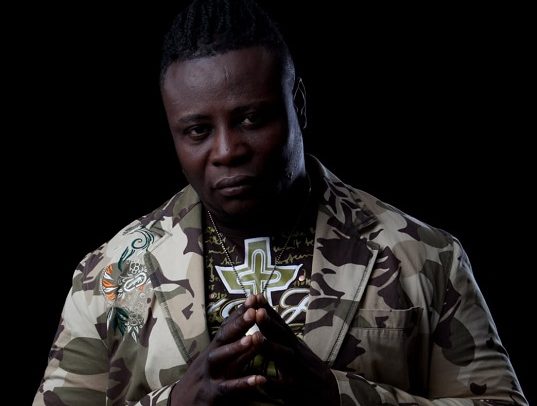

A new study has found that the active compound in magic mushrooms could help treat depression.
Nearly 16 million Americans are diagnosed with depression annually, and those who seek out treatment typically turn to either medication or psychotherapy for treatment.
Many experience benefits from these conventional treatments, but others don't—and it turns out, magic mushrooms may be a pretty effective alternative.
A new study has found the active ingredient in 'shrooms may "reset" the very brain circuits that have been shown to play a role in depression. It's just the latest in a body of research pointing to the potential of psychedelics in treating the mental illness.
Researchers at Imperial College London just published findings in Scientific Reports indicating psilocybin— the psychoactive compound found in magic mushrooms—could help reduce depressive symptoms. The study used the compound to treat a small group of people with depressive symptoms, monitoring their brain activity before and after the treatments.
The researchers reported that the treatment had an immediate effect, with patients saying they felt less stressed and noticed improvement in their moods following the psilocybin treatment.
Twenty patients participated in the small-scale study, all experiencing depression that had not responded to conventional treatments such as antidepressants and psychotherapy. The patients were given two doses of psilocybin, first 10 mg then 25 mg, a week apart. Nineteen of these patients received MRIs of their brains before treatment and after the second dose. The patients filled out clinical questionnaires after the treatments to assess how they felt.
“We have shown for the first time clear changes in brain activity in depressed people treated with psilocybin after failing to respond to conventional treatments." Dr. Robin Carhart-Harris, head of psychedelic research at Imperial, who led the study, told The Guardian. “Several of our patients described feeling ‘reset’ after the treatment and often used computer analogies. For example, one said he felt like his brain had been ‘defragged’ like a computer hard drive, and another said he felt ‘rebooted.'"
The MRI imaging of the patients' brains showed reduced blood flow in certain regions of the brain—most notably the amygdala, which plays a role in processing emotional responses, stress and fear.
The researchers acknowledged that their findings are limited due to their small sample size and the absence of a placebo or control group. And it isn't a green light to self-mediate, because more research still needs to be done.
That shouldn't keep you from seeking out help in the meantime.
A new study has found that the active compound in magic mushrooms could help treat depression. Read Full Story





















Facebook
Twitter
Pinterest
Instagram
Google+
YouTube
LinkedIn
RSS